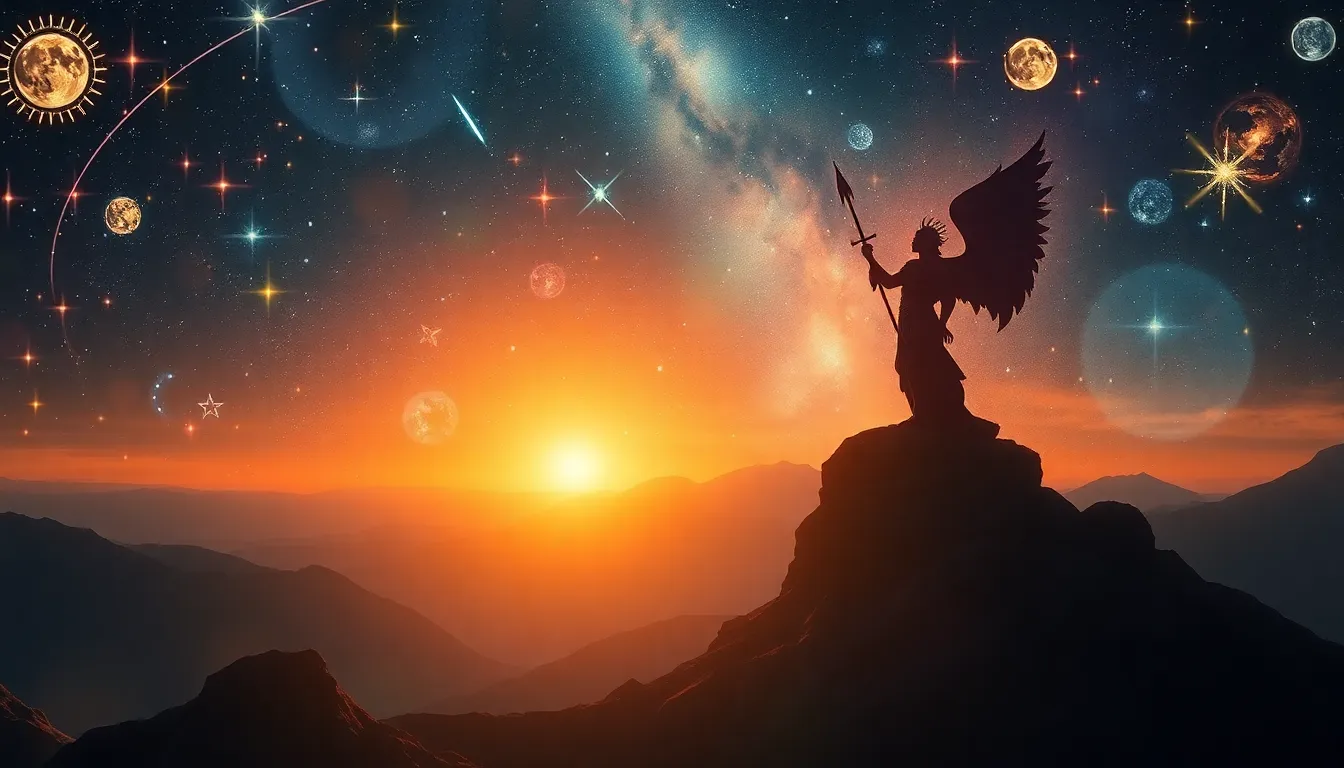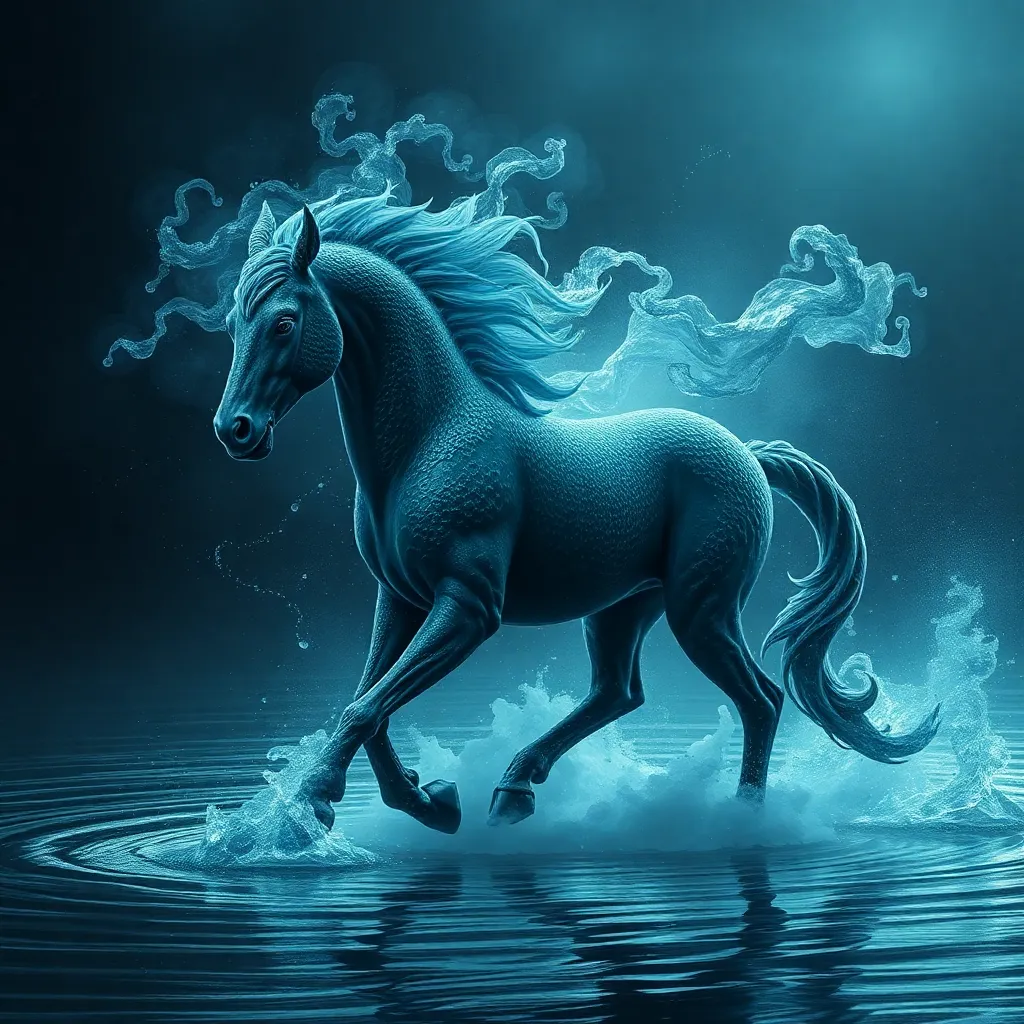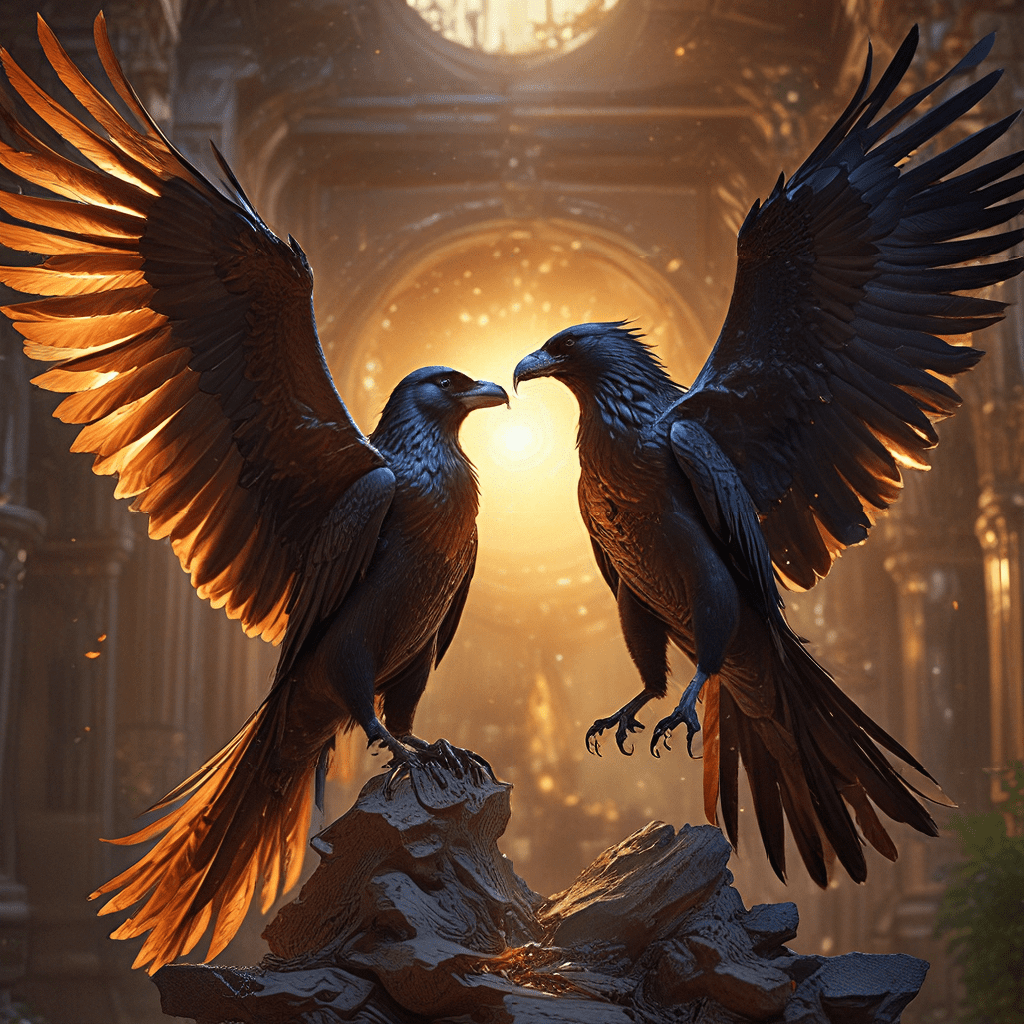The Power of the Stars: Astrology and Mythological Celestial Beings
I. Introduction
Astrology is an ancient practice that has fascinated humanity for millennia. It is rooted in the belief that the positions and movements of celestial bodies can influence human affairs and natural phenomena. From the earliest days of civilization, people have looked to the stars for guidance, seeking to understand their place in the cosmos.
Across various cultures, mythological celestial beings have emerged, each embodying unique traits and stories that resonate with the human experience. Whether it’s the Greek gods, the Hindu deities, or the spirits of indigenous cultures, these beings often interact with astrological elements, creating a rich tapestry of symbolism and meaning.
This article explores the intersection of astrology and mythology, examining how these two ancient practices inform and enrich each other, shedding light on the power of the stars in our lives.
II. The Historical Roots of Astrology
The origins of astrological practices can be traced back to ancient civilizations such as the Babylonians, Egyptians, and Greeks. These cultures meticulously observed celestial bodies, correlating their movements with seasonal changes and significant events on Earth.
In early human societies, celestial bodies played a crucial role in agriculture and navigation. For instance, the appearance of certain stars marked specific times for planting and harvesting crops. This reliance on the stars fostered a deep connection between humanity and the cosmos.
Key figures in the development of astrology include:
- Babylonian Astrologers: They were among the first to create detailed star charts and horoscopes.
- Claudius Ptolemy: A Greco-Roman scholar whose works laid the foundation for Western astrology.
- Vedic Astrologers: Practitioners in ancient India who developed Jyotish, a complex system of astrology still widely used today.
III. The Zodiac: A Celestial Framework
The zodiac, a circle of twelve signs, serves as a celestial framework for astrological interpretation. Each sign corresponds to specific periods of the year and is associated with distinct personality traits and characteristics.
The twelve zodiac signs are:
- Aries: Courageous and energetic.
- Taurus: Dependable and sensual.
- Gemini: Adaptable and communicative.
- Cancer: Nurturing and intuitive.
- Leo: Charismatic and confident.
- Virgo: Analytical and meticulous.
- Libra: Diplomatic and fair-minded.
- Scorpio: Passionate and resourceful.
- Sagittarius: Adventurous and philosophical.
- Capricorn: Ambitious and disciplined.
- Aquarius: Innovative and humanitarian.
- Pisces: Compassionate and artistic.
Each sign holds significance in astrology, influencing individuals’ personality traits and behaviors. For instance, Leos are often viewed as natural leaders, while Cancers are seen as deeply emotional and nurturing.
IV. Mythological Celestial Beings and Their Influence
Mythological celestial beings occupy a prominent place in various cultures around the world. These beings often embody the qualities associated with their respective zodiac signs and play significant roles in their mythological narratives.
An overview of celestial beings in different mythologies includes:
- Greek Mythology: Zeus, the king of the gods, is associated with the planet Jupiter, influencing aspects of growth and expansion.
- Roman Mythology: Venus, the goddess of love, governs relationships and beauty, aligning with the sign of Libra.
- Hindu Mythology: The Navagraha, or nine celestial bodies, includes deities like Surya (the sun) and Chandra (the moon), each affecting different life aspects.
Stories and legends often highlight the powers of these beings, such as the tale of Hercules, who embodies the strength and courage associated with Aries, or the enchanting beauty of Aphrodite, representing love and relationships in Libra.
V. The Interplay Between Astrology and Mythology
Astrology and mythology share a dynamic relationship, with each influencing the other over time. The narratives of mythology often provide context for astrological phenomena, enriching the interpretations of celestial events.
The reciprocal influence is evident in how myths shape astrological narratives. For example, the characteristics of zodiac signs can often be traced back to their mythological counterparts, creating a rich tapestry of meaning. Shared themes and archetypes can be seen, such as heroism, love, and transformation.
VI. Modern Interpretations of Astrology and Mythology
In contemporary culture, there has been a resurgence of interest in astrology, often intertwined with elements of mythology. Modern spirituality frequently incorporates mythological themes, allowing individuals to connect more deeply with their astrological identities.
Social media and technology have played a significant role in popularizing astrology. Platforms like Instagram and TikTok are filled with content about zodiac signs, horoscopes, and mythological stories, making astrology accessible to a broader audience.
VII. Critiques and Controversies
Despite its popularity, astrology faces skepticism regarding its scientific validity. Many critics argue that there is a lack of empirical evidence supporting astrological claims, viewing it as a pseudoscience.
Additionally, the commercialization of astrology raises concerns about authenticity. As astrology becomes more mainstream, there is a risk that its rich traditions may be diluted for profit.
Cultural appropriation is another contentious issue, particularly regarding the use of astrological practices from various cultures without proper understanding or respect for their origins.
VIII. Conclusion
Astrology and mythological celestial beings hold significant places in human culture, providing insight into our personalities and experiences. The stories of the stars and the beings that inhabit them continue to resonate, offering guidance and inspiration.
As we reflect on the enduring power of the stars, we invite readers to explore their own astrological and mythological connections, uncovering the rich narratives that shape our lives and the cosmos around us.




